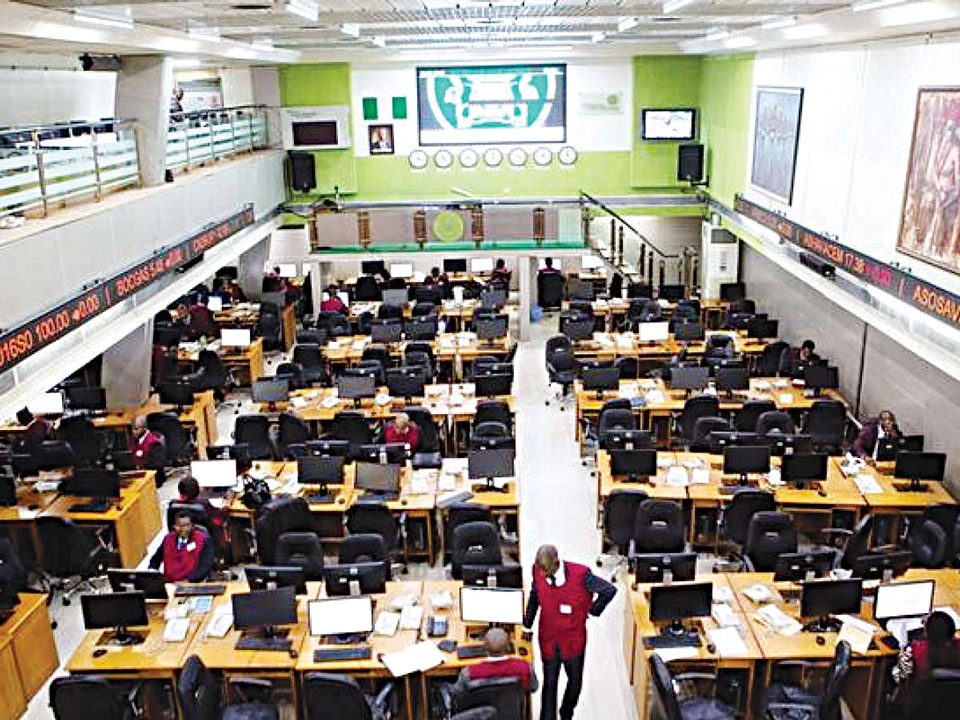Nigeria Update: NMRC seeks conducive environment to boost capital market’s capacity

Nigeria Update: NB, Stanbic IBTC, others drag market capitalisation by N43b
October 12, 2017
World Update: Wall Street’s $6 trillion man is bullish, but…
October 12, 2017The Managing Director of the Nigeria Mortgage Refinance Company (NMRC), Prof. Charles Inyang Ete has called on public and private sector stakeholders to work together and create a conducive policy and regulatory environment for a robust and transparent Debt Capital Market.
Inyange Ete said that the move will attract more domestic and international investors, increase the market’s financial depth and strengthen its capacity to provide the multi-billion-naira/dollar long-term financing that is required to address the country’s housing deficit.
Prof. Charles Inyange Ete made the call while speaking at the FMDQ 2017 Nigerian Debt Capital Markets Conference themed “Positioning for Growth” recently in Lagos.
He expressed concern that the company’s N440billion Bond Issuance Program to fund its refinancing activities is grossly inadequate when compared to an estimated N130 trillion that is required to meet the housing deficit.
The Chief Executive therefore called on stakeholders to take actions that would help to deepen the Debt Capital Market because of its pivotal role as an effective financing enabler of infrastructure development.
According to him, a more vibrant Capital Market is critical because it serves as the main source of funds that NMRC uses to make housing affordable for Nigerians.
He noted that accessing long-term funds at affordable market rates to refinance mortgage loans that are provided by primary mortgage lenders, NMRC will be able to increase liquidity in the market and in the process help extend the repayment period for mortgage loans for as long as 20 years. NMRC has used over N8billion raised from the capital market to refinance mortgages for several primary mortgage institutions.
“In connecting mortgages to the capital market, we are finding that we need to have the mortgages in the first place. So, housing stock is important and of course, the structure to support housing is also crucial.
“A housing deficit of $360billion as estimated by the Center for Affordable Housing Finance in Africa requires Nigeria to invest annually in the region of 3.5trillion for housing. If you take the infrastructure such as power, water, access roads, to support that, you are looking in the region of $900billion annually”, he added.

